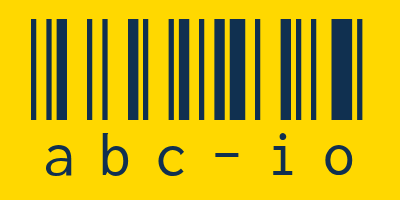
- Hyundai Glovis is betting $6.5 billion on autonomous tech reshaping global shipping routes
- Avikus is no longer testing – its self-steering system is moving into commercial deployment
- AI autonomy on the open ocean is moving beyond research and into practical application
South Korea’s Hyundai Glovis is taking a major step into uncharted waters with the launch of the world’s first artificial intelligence-based autonomous navigation systems for car carrier ships.
Working in partnership with Avikus, the autonomous vessel technology arm of HD Hyundai, Glovis is set to retrofit seven of its large pure car and truck carriers (PCTCs) with Level-2 Maritime Autonomous Surface Ship (MASS) platforms by mid-2026.
If successful, this could mark a shift in maritime logistics, where fully integrated AI navigation remains largely theoretical.
Technological leap or calculated risk?
The AI-based system in question, developed by Avikus and branded as HiNAS, allows for partial remote control and real-time AI route optimization.
While this doesn’t yet amount to full autonomy, supporters believe it could lead to fuel savings and better operational efficiency.
“An autonomous ship is particularly effective for PCTCs, which operate on long-haul, point-to-point routes linking Asia to Europe or North America,” a Glovis official noted.
However, the decision to rely on Avikus rather than develop proprietary tech raises questions about long-term flexibility and control over future software updates.
Glovis plans to install the system on vessels including the 229.9-meter-long Sunrise, which can carry up to 7,000 vehicles.
That vessel alone may become the largest ship ever outfitted with AI-driven autonomy.
“While competitors have added what amounts to smart navigation, Glovis is effectively giving ships the ability to make decisions and optimize performance on their own,” said a shipping analyst familiar with the project.
Avikus, which gained attention after completing the world’s first transatlantic voyage by an LNG carrier using its Level-2 autonomous system in 2022, is part of this project.
The company has been striking deals with firms like Sinokor and H-Line, and is now targeting Level-3 and Level-4 capabilities, which would allow for full unmanned operation by 2027.
Hyundai Glovis, meanwhile, sees this initiative as central to its transformation into a smart logistics solutions company, having committed 9 trillion won (approximately $6.5 billion) in investment through 2030.
Although Glovis and Avikus belong to different branches of the Hyundai family – Hyundai Motor Group and HD Hyundai, respectively – the partnership reflects a deeper convergence between South Korea’s legacy industrial giants.
Japanese and European competitors have already tested AI-enhanced routing, but Glovis’ approach is the first to involve the wide deployment of integrated decision-making systems on multiple car carriers.
Whether this results in meaningful industry disruption remains to be seen, but for now, the 750-foot-long, nearly 100,000-ton vessels could become symbols of what’s to come or a cautionary tale of overreach.











Add Comment